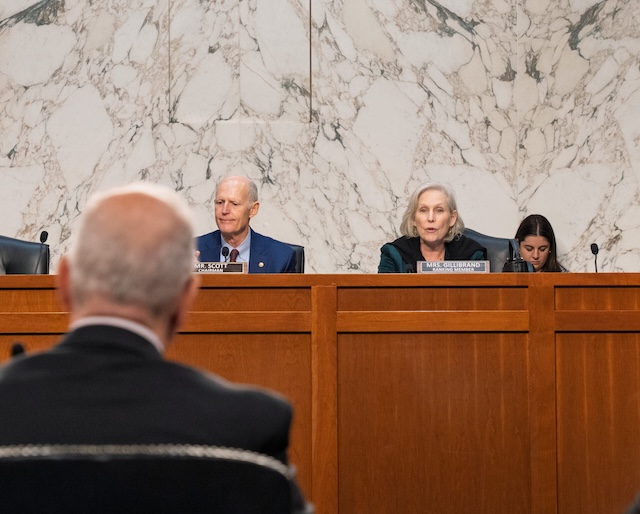At first, I didn’t want to tell anyone. When I was diagnosed with Parkinson’s disease, it felt like a private earthquake—my world shifted, but from the outside, everything looked the same. I thought if I just carried on as usual, maybe people wouldn’t notice.
But Parkinson’s has a way of showing itself. The the frozen face, the slow movements, the voice that gets softer without me realizing it—it all adds up. Eventually, people began to ask if I was okay. That’s when I started telling the truth, at least privately to closer friends and family.
I’d try to sound calm, even casual. “Yeah, I’ve got Parkinson’s,” I’d say, “but I’m doing all right.” I didn’t want sympathy or a sad look. I just wanted people to understand.
Most of them reacted kindly. They said things like, “You’re strong.” “You’ll beat this.” “Let me know if you need anything.” And they meant it—at least in that moment. But as time went on, the calls slowed down. The texts got shorter. Invitations stopped coming.
It’s not that I blame them. I know Parkinson’s makes people uncomfortable. It’s unpredictable. It doesn’t have a finish line. There’s no “get well soon” to say, because I won’t. Maybe that’s hard for people to face. Maybe they just don’t know what to do with someone who can’t bounce back.
Still, the silence hurts. I used to have a full social life—friends dropping by, long conversations, spur-of-the-moment dinners, music festivals and blues bars. Now, the phone doesn’t ring much. I scroll through old messages, remembering how easy it all used to be.
Living with Parkinson’s is a strange mix of physical and emotional loss. The slowness and change in gait are visible, but the isolation is quieter. You feel yourself slipping out of the social world little by little, not because you chose to, but because the world doesn’t quite know how to include you anymore.
I tell myself it’s not personal, but it’s hard not to feel forgotten. Parkinson’s already takes so much—steady movement, clear speech, restful sleep. Losing connection with people feels like one loss too many.
If there’s one thing I wish people knew, it’s that I’m still me. I still want to laugh, tell stories, make plans, argue about music or where is the pizza. I just move a little slower getting there.
So if you know someone with Parkinson’s, call them. Even if you don’t know what to say. Especially if you don’t know what to say. You don’t need to fix anything. You just need to show up. Silence may feel polite, but it’s the loneliest sound in the world.
co-author: chatgpt




.jpg)
